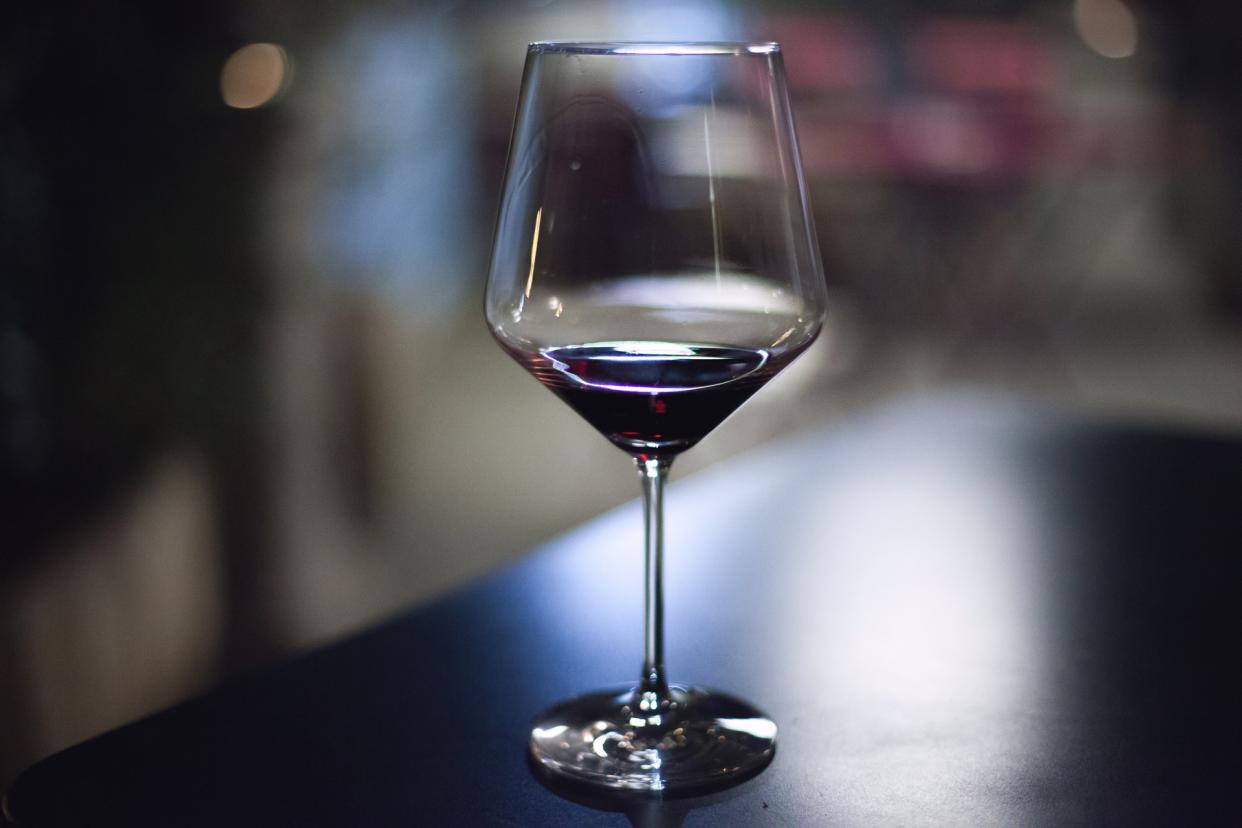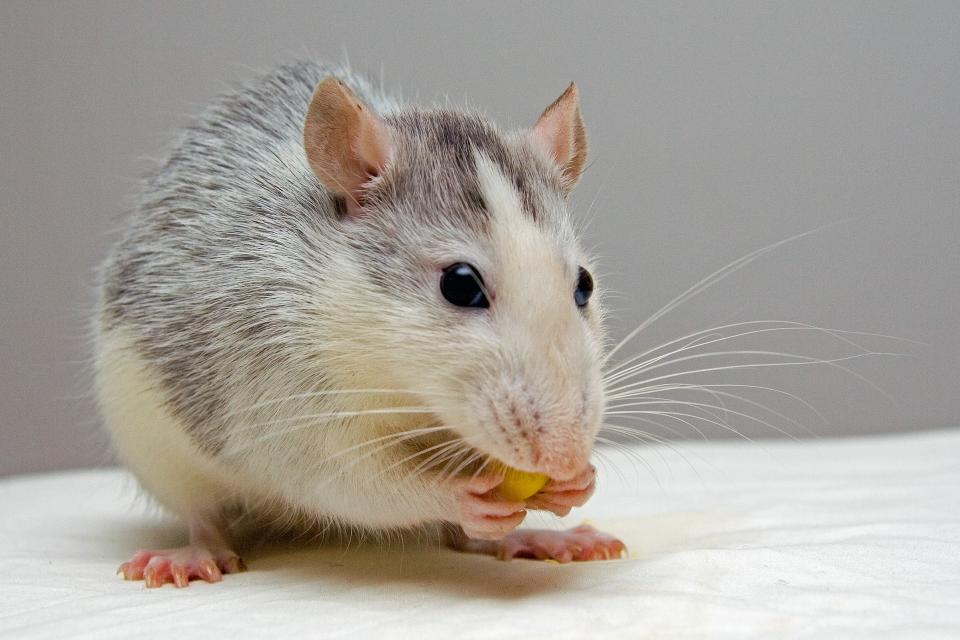Why you shouldn't drink wine while you're stressed

We’re all guilty of cracking open a bottle of Shiraz after a long hard day – besides a good warm bath, nothing quite relaxes the senses in the same way.
But apparently, it’s not as much of a stress reliever as it seems, due to the way it affects our brains.
If anything, it makes us want to drink more and more, without feeling making us feel any better.
A study by the University of Pennsylvania looked into the effects of drinking while stressed by examining the brain chemistry of rats.
Researchers exposed the rats to stress, then gave them what was essentially an alcoholic drink (sugar water and ethanol) after a period of 15 hours, measuring how much they drank.

The stressed rats guzzled far more mixture than the group that weren’t stressed. And not only this, but they continued the habit for several weeks afterwards.
The scientists’ findings, published in Neuron, show that rats exposed to stress had a “weakened alcohol-induced dopamine response and voluntarily drank more alcohol compared to controls [the non-stressed mice]”.
In other words, the stress weakened their natural pleasure response – meaning that alcohol didn’t trigger the reward centre in the way it usually would.
And as a result, they drank more and more.
Not only this, but they found that this exposure to booze and stress could change the rats’ reward circuitry; neurons that would usually inhibit the mice from drinking flipped around and got them excited about drinking instead.

And when the rats were given a chemical that reduced the effects of stress – putting their circuitry back to normal – they drank less again.
This may not come as a surprise – we’ve all had a rubbish day, knocked back a few G&Ts at the end and only felt more miserable and drunker.
But these could be pretty useful findings for figuring out how to treat PTSD:
“This line of research has implications for people with PTSD who have an increased risk for over-use of alcohol and drugs,” John Dani, PhD, chair of the department of Neuroscience in the Perelman School of Medicine at the University of Pennsylvania said.
And so, the team is looking further into how we can tweak this reward system in order to prevent us from drinking too much.
What do you think about the study? Tweet us at @YahooStyleUK.
This is how much sugar is in your morning bowl of cereal
Is free psychotherapy the answer to PMS?


